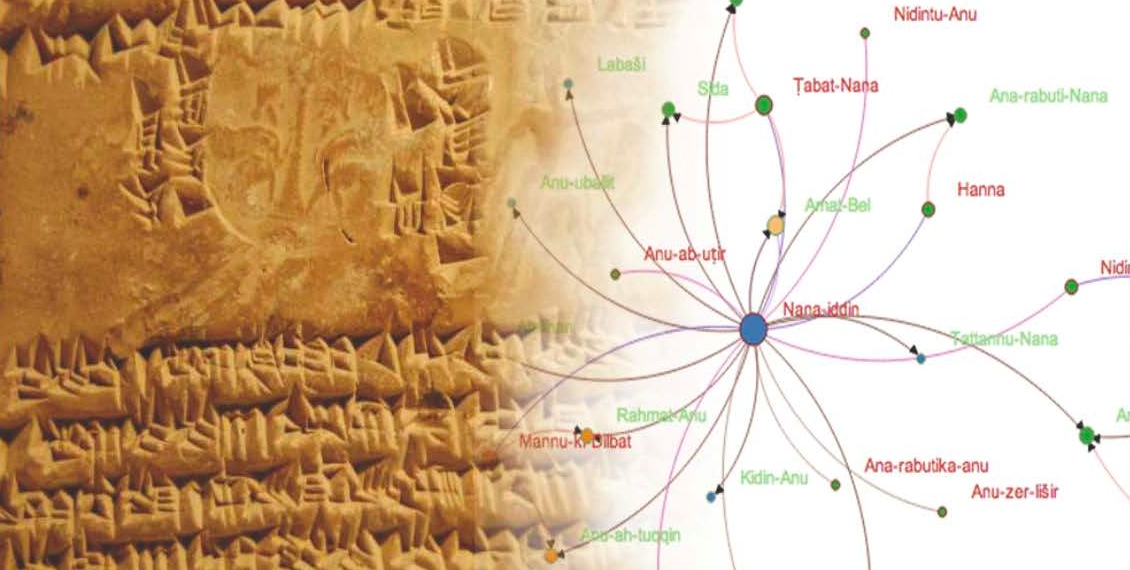In Fall 2015, Social Science Matrix will be launching a year-long research seminar focused on “Developing Tools and Collaborations in Prosopographical and Historical Social Network Research Environments”.
While its name might be a mouthful, this seminar—a continuation of a 2014 Matrix prospecting seminar—has a goal to develop “research toolkit” that will help faculty, staff, and post-doctoral researchers use sophisticated data modeling tools for the purposes of prosopography, the art of researching relationships recorded in historical documentation and using data to identify social patterns and relationships.
Based upon probabilistic models, prosopography can help determine the likelihood that two or more instances of the same name refer to the same person, and can graph social networks based upon a data set. Prosopography has long been an important tool for the study of all kinds of past societies; the word stems from the Greek prosopoeia, or "face created,” suggesting how this methodology enables researchers to “put a face on” individuals about whom little is known, based on their connections with other people.
Led by Patrick Schmitz, Associate Director for Research IT and Strategy at UC Berkeley, and Laurie Pearce, Lecturer in Near Eastern Studies, Berkeley Prosopography Services (BPS) helps research institutions both on campus and beyond with a customizable, out-of-the-box toolkit for“reconstruction of social contexts,” modeling the relationships between people based on available data.
“Prosopography is the practice of identifying individuals mentioned in texts and setting them in their social contexts: families, social/professional groups, etc.,” the seminar’s organizers explain in their proposal. “Prosopography is encountered in many humanities research agendas where a fundamental task is the extraction and identification of persons from records across all areas of human endeavor.”
The seminar will explore common approaches that can be employed across domains to identify reusable components of the BPS toolkit, and elicit user-driven needs for future expansion of BPS. Among the participants are the Department of Near Eastern Studies and the Social Networks and Archival Context Project, based at the UC Berkeley School of Information, as well as external partners, such as the Perseus Project, at Tufts University; the Coalition for Networked Information; the University of Pacific's Coptic Scriptorium; and the UC Berkeley Center for Tebtunis Papyrii.
Image Credit: Berkeley Prosopography Services
